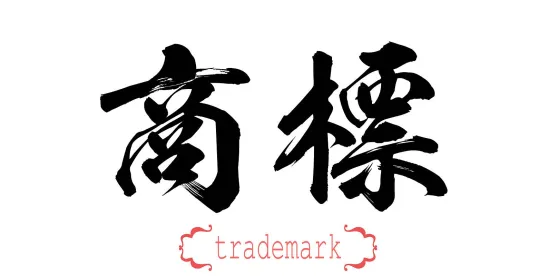The Beijing Haidian Court announced on December 23, 2024 that it ruled for Michael Kors against three unnamed defendants. The Court awarded 5 million RMB for trademark infringement of the MK trademark, unfair competition, and reasonable expenses. The Court also awarded an injunction. No appeal was filed rendering the judgement final.

Two of the defendants, an unnamed leather goods company (presumably 广州市源泰皮具有限公司 based on trademark registration data) and an unnamed trading company, jointly argued that they disagreed with all the plaintiff’s claims for the following reasons: First, the leather goods company legally holds and uses the registered trademark No. 22557474 “MKO” and the registered trademark No. 23279853 “MAITANE KALOS” to engage in production and business operations. The trading company, with the permission of the leather goods company, uses the aforementioned trademarks to jointly produce and sell the allegedly infringing products. Second, although the aforementioned trademarks used on the allegedly infringing products have been declared invalid, the leather goods company and the trading company have no subjective fault and no objective infringement, and therefore did not infringe the trademark rights involved in the case. Third, the amount of compensation claimed by the plaintiff has no factual basis for infringement damages, and the plaintiff not provided sufficient evidence to prove the actual amount of economic losses, and should be rejected in accordance with the law.
The third defendant, an unnamed brand management company, argued that it disagreed with all of the plaintiff’s claims on the grounds that: it operated a Taobao store, purchased goods from the leather goods company and the trading company through legal channels, and sold the allegedly infringing products online, which did not constitute an infringement of the plaintiff’s rights and interests.
The Court held that first, the “MAITANE KALOS” mark used in the case is very similar to the plaintiff’s trademark in the case, constituting similar trademarks. The types of goods approved for use by the trademark in the case are Class 18 bags, etc., which belong to the same category as the acts of producing, selling, and promoting bags collected for evidence, and constitute the same goods. Considering that the plaintiff submitted evidence that the trademark in the case has a very high reputation in the relevant field, the relevant public is very likely to misunderstand the source of the goods, or believe that the plaintiff and the subject of the alleged behavior have a specific connection such as licensed use or affiliated enterprises, so it is determined that the aforementioned alleged behavior violates the provisions of Article 57, Paragraphs 2 and 3 of the Trademark Law, and constitutes an infringement of the plaintiff’s trademark rights in the case. Secondly, the evidence in the case shows that the plaintiff has widely and continuously used the decorative elements in the case on its bags, and the pattern has formed a stable corresponding relationship with its bags, which is a decoration with a certain influence. The accused decorations used on the packages involved in the case make the two products almost visually indistinguishable, which can easily cause confusion of the relevant public. Therefore, it is determined that the use of the accused decorations in the case violates Article 6, Paragraph 1 of the Anti-Unfair Competition Law and constitutes unfair competition.
During the trial of this case, the leather goods company and the trading company acknowledged that they jointly produced and sold the bags in question. As to whether the brand management company was merely a general seller, considering that the three defendants were affiliated companies with close business ties, the brand management company should have known about the alleged behavior, and it cooperated with the leather goods company and the trading company to jointly implement the alleged behavior, and should jointly bear the liability.
In the announcement, the Judge stated:
This case is a typical intellectual property litigation case involving infringement of trademark rights and unfair competition. In this case, the plaintiff’s “MK” series of trademarks and decorations enjoy a high degree of popularity, which is due to the plaintiff’s long-term and extensive efforts. The plaintiff carefully maintains its brand positioning and has invested huge manpower, material and financial resources for this. The three defendants’ alleged actions infringe the plaintiff’s trademark rights and constitute unfair competition. The protection of trademark rights must be conducive to encouraging fair competition, distinguishing the convenience between commercial logos, curbing malicious registration of other people’s well-known commercial logos and “copying famous brands”, and providing a strong legal environment for the creation and development of well-known brands.
The original announcement is available here (Chinese only).



 />i
/>i

